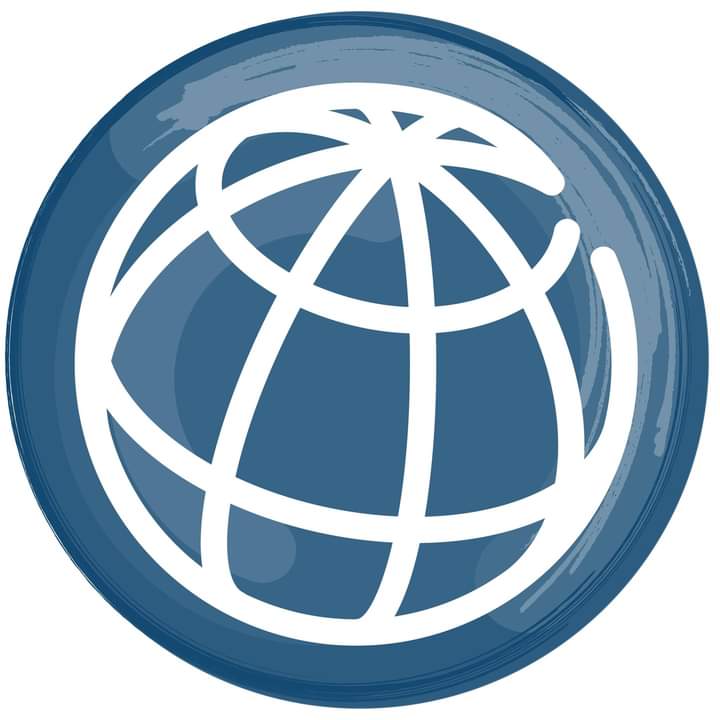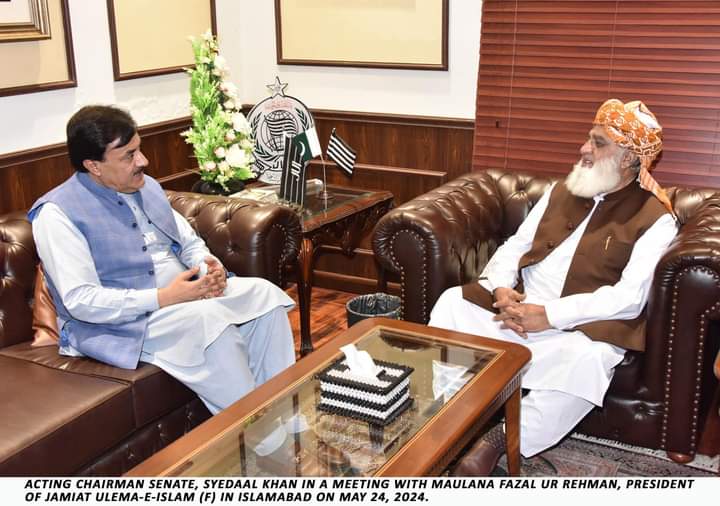World Bank Urges Comprehensive Tax Reforms in Pakistan
In a recent report, the World Bank has underscored the need for substantial tax reforms in Pakistan, urging the government to equalize income tax rates across all classes. The international financial institution has recommended a unified approach to taxation, advocating for the removal of loopholes in the general sales tax system and the imposition of a single premium rate on the tobacco industry.
Highlighting the potential impact of these reforms, the World Bank estimates that implementing a uniform income tax rate and streamlining the general sales tax system could significantly boost tax revenue, potentially increasing the share of general sales tax in the gross national product to 6.0 percent.
Moreover, the World Bank has called for the consolidation of regulatory bodies under a centralized system to enhance coordination between the federal government and provincial authorities. This move aims to streamline governance and improve efficiency in tax administration.
Additionally, the World Bank has proposed pension reforms to ensure long-term financial sustainability and advocated for tariff reforms in the energy sector to align prices with supply costs while safeguarding vulnerable households through increased social protection measures.
Furthermore, the World Bank emphasizes the importance of simplifying the personal income tax system by harmonizing tax rates and eliminating privileges, particularly for sectors like tobacco. It recommends increasing taxes on unhealthy products and environmentally harmful goods to promote equity and sustainability.
Overall, the World Bank’s recommendations aim to create a more equitable and efficient tax system in Pakistan, fostering economic growth and stability in the long run.




